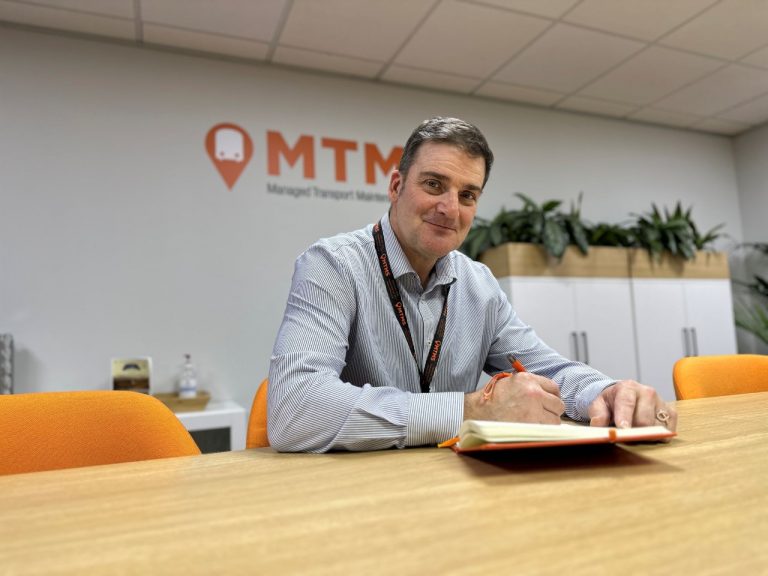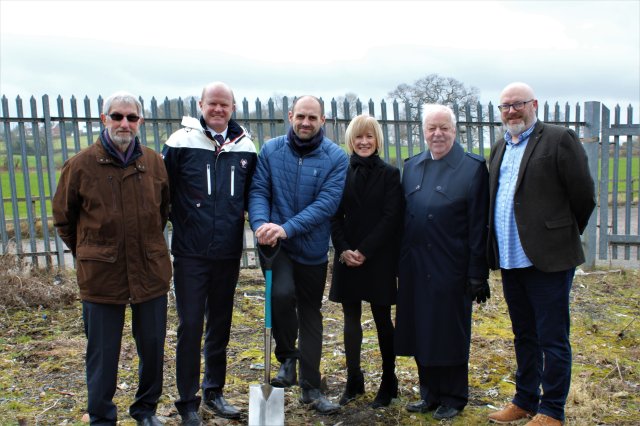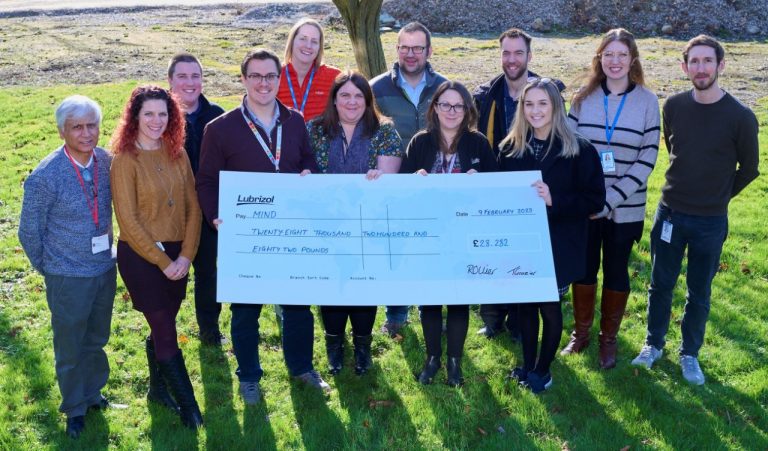Worksop warehouse sold to leading global real estate investor
£3.8m facility that will revolutionise the world of manufacturing opens at University of Nottingham
The Access Group appoints new board members

East Midlands tech incorporations see boom
MTMS appoints new experienced H&S manager
Bright future for local charity as work starts on day centre
Major new development set to build on success story of Markham Vale
University raises £70m private placement for new business school
Plans for a new Business School in Derby city centre have been secured after the University of Derby raised £70 million funding to help develop the state-of-the-art Business School, a core part of the University’s long-term strategy.
Following a competitive funding process, the £70m private placement was secured, featuring highly attractive, fixed rate, 35-year terms. It is the University’s first debt capital markets issuance and was arranged by Centrus, who acted as corporate finance advisor.
The funding is structured, so half of it has already been received, with the remainder due in December this year, to better match the project’s funding needs while reducing the University’s interest costs. Further, the funding incentivises the University’s commitment to social inclusion and equality. It does so by providing a discount if the target set by the University for reducing the attainment gap is achieved.
Craig Jones, chief financial and commercial officer at the University of Derby, said: “The new Business School is pivotal to our role as a Civic university and the development of our city campus, enhancing the teaching and real-world learning experience for our students and staff.
“Centrus, and Mills & Reeve, provided outstanding support through the process, contributing to the successful outcome achieved. We are delighted our new borrowing arrangements link to our inclusion and equality commitments, given these commitments to the University’s strategic agenda.”
Sam Goldman, director at Centrus, said: “It’s been a pleasure to have supported the University to arrange funding so key to their long term-strategy. This excellent outcome was achieved against the backdrop of significantly volatile financial markets.
“A key element of the success obtained was a carefully targeted investor and credit positioning strategy, on which we worked closely with the University to develop and implement. We see this transaction as part of a broader trend towards universities utilising debt financing for capital projects across the sector.”
Matthew Howling, principal associate at Mills & Reeve, added: “We are delighted to have supported the University on its private placement. It was a pleasure to work with the University at every step in the transaction, providing help and advice throughout. It was also rewarding to work on a project that will have such a positive impact on the University, its students and staff, as well as the wider community in Derby.”
ESG commitments spark business opportunities for SMEs
- Interested in supplier’s credentials (Agree 61% /Disagree 12%)
- Actively investing to improve (59% / 13%)
- Plan to increase investment (58% / 12%)
- Investing to lower energy bills (58% / 14%)
- Very important to our business (57% / 14%)
- Customers demanding to know credentials (53% / 22%)
- Won’t work with company with poor ESG (51% / 17%)












